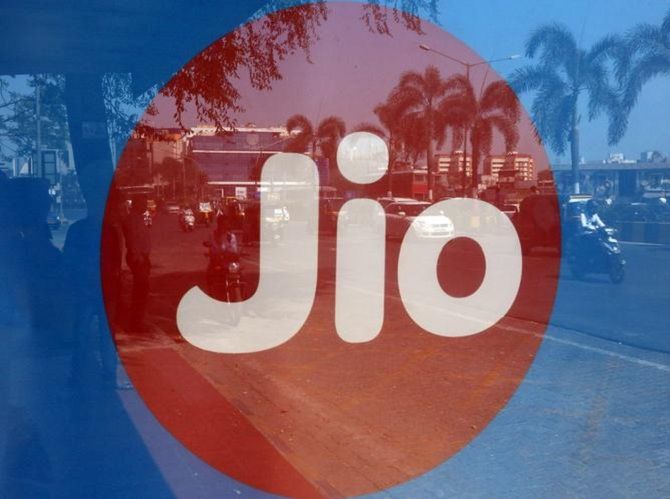Ending Paytm's monopoly as the only wallet payment option on Uber, the ride-hailing service has decided to allow payments through Jio Money. Alnoor Peermohamed reports.

India's largest digital wallet, Paytm, will face competition from Reliance Jio Infocomm for making payments on ride-hailing platform Uber, its largest merchant partner in the country.
Uber and Reliance Jio announced the signing of a strategic partnership in February that would allow users of the San Francisco-based company's services to pay for rides using Jio Money.
In addition, users of Jio Money will have the option of booking a ride on Uber from within the app.
"Digital payments have become part of our everyday lives and by integrating Jio Money as a payment option, our riders will have the ability to use a familiar and consistent payment experience," said Madhu Kannan, chief business officer for India and emerging markets at Uber.
The agreement to accept Jio Money as a payment option on Uber is just the start of collaborations between the two firms.
The two companies are working to integrate several of their services that could include digital content, entertainment and even in-car Internet connectivity for Uber customers.
For Paytm, the move by Uber to open up a new payment method could hurt the number of transactions it processes.
While it continues to remain the largest digital wallet in the country with nearly 150 million monthly active users, Jio is tapping its 100 million-plus telecom subscribers to boost services such as Jio Money.
Uber and Paytm spokespersons confirmed that there would be no change in the existing partnership between the two companies.
Paytm has found few takers for its digital payments solution in the online world. Apart from Uber, none of the leading new economy companies such as Flipkart, Snapdeal, Amazon or Ola accept payments through Paytm's digital wallet.
Instead, the company has turned its sights to winning with offline merchants, both organised and mom-and-pop stores.
Uber had partnered with Paytm in late 2014 after finding itself at the wrong end of the Reserve Bank of India's stick, which made two-factor authentication for credit and debit card payments compulsory. The company turned to Paytm to ensure it offered a seamless payments solution for its riders, which in-turn helped Paytm win a few discerning customers.
Soon after this, Uber began accepting cash payments as well, trying it out for the first time globally in India and then exporting it to other countries.
Uber's partnership with Reliance Jio comes at a time when it is battling local rival Ola for market leadership.
It is looking at the partnership as a way to tap Reliance Jio's 100 million plus users, many of whom are first-time power users of the Internet, thanks to the massive freebies on offer.











